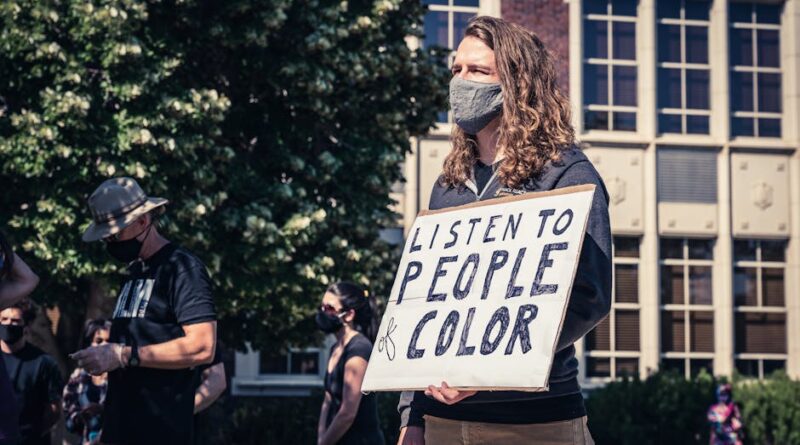Transformative Movements in Social Justice Today
Did you know that over 70% of people in the U.S. believe in social justice? This shows how deeply the idea resonates with many of us. Social justice movements are changing our world, and they are doing it faster than ever. Lets explore some of these movements, their goals, and how they impact our everyday lives.
What is Social Justice?
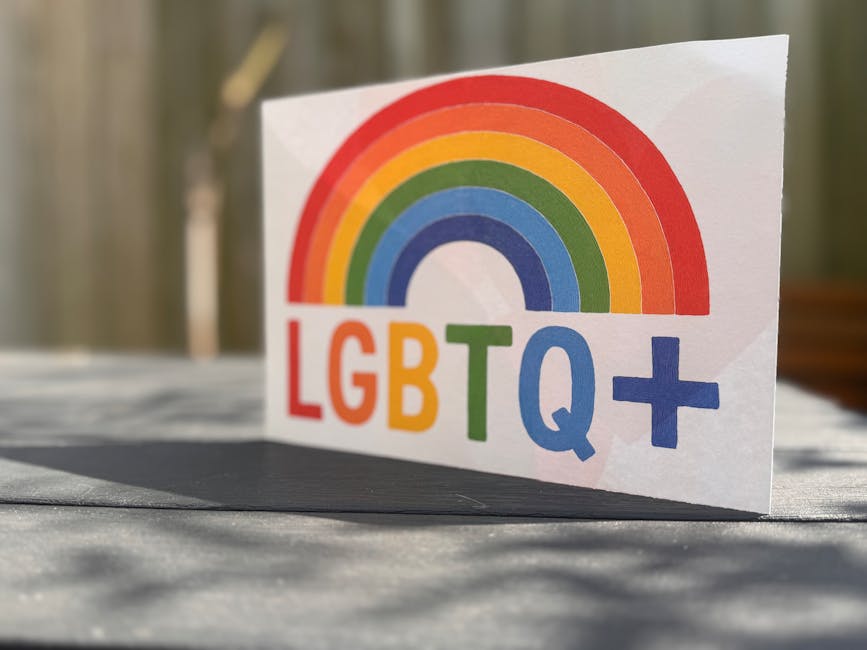
At it’s core, social justice means everyone deserves equal rights and opportunities. It aims to create a fair society where all people can thrive, regardless of their background. This includes addressing issues like race, gender, and economic inequality.
Many people might ask, “Why does this matter?” Simply put, social justice affects our quality of life. When everyone has a fair chance, communities become stronger and more connected.
What Movements are Leading the Charge?
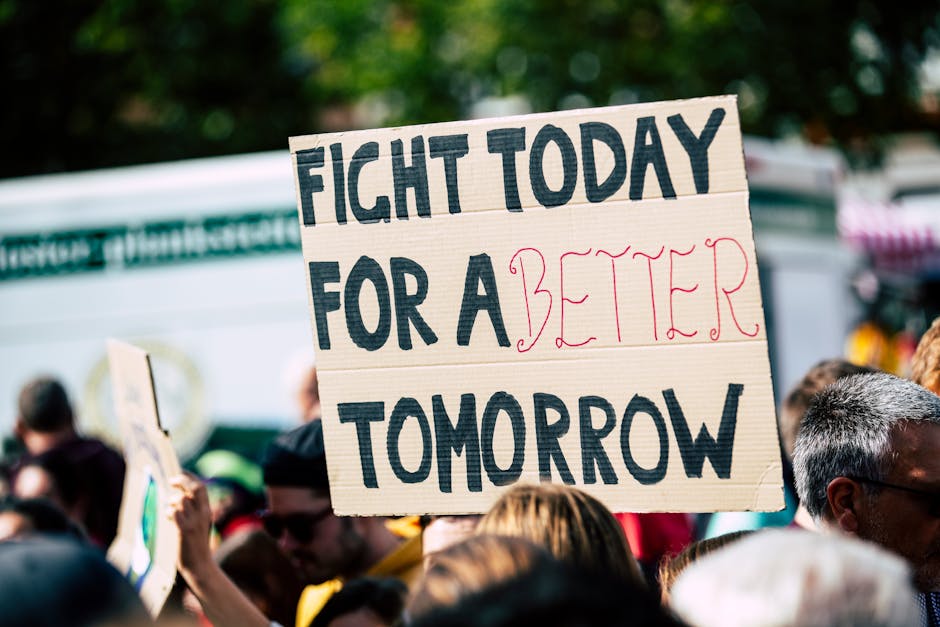
Several movements are making waves in social justice today. Here are a few that stand out:
- Black Lives Matter (BLM): Founded in 2013, BLM focuses on combating racism and police violence against Black individuals. Their impact is visible worldwide.
- Me Too Movement: This movement highlights the serious issue of sexual harassment and assault. It encourages survivors to speak out and seek justice.
- Climate Justice: This movement connects environmental issues with social justice. It emphasizes that marginalized communities often face the worst effects of climate change.
- LGBTQ+ Rights: Organizations advocating for LGBTQ+ rights continue to fight for equality and protection against discrimination.
Each movement addresses unique challenges but shares a common goal: to create a fairer world.
How are These Movements Transforming Society?
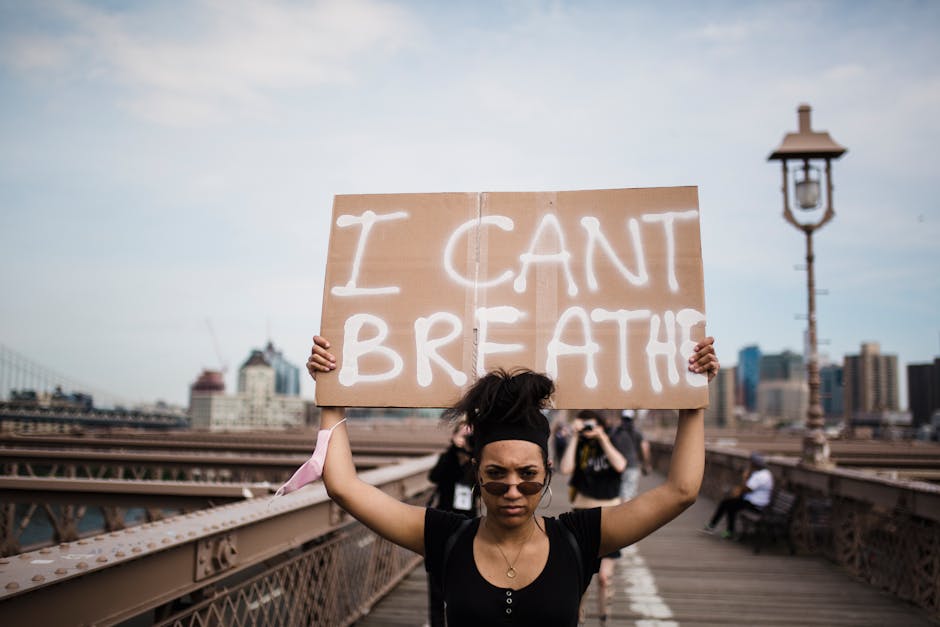
Social justice movements are reshaping our culture and laws. But how? Lets break it down.
Raising Awareness
Movements like BLM and Me Too have brought important issues to the forefront. They encourage conversations that many people were once afraid to have.
For example, after the rise of the Me Too movement, discussions about workplace harassment increased dramatically. Companies are now more aware and taking action to ensure safer work environments.
Influencing Policy Changes
Social justice movements often lead to significant changes in laws and policies. The advocacy of these groups has led to:
- Stricter police reform laws.
- Increased funding for mental health services.
- Stronger protections against discrimination in the workplace.
These changes make a direct impact on people’s lives, promoting fairness and justice.
What Can You Do to Support Social Justice?
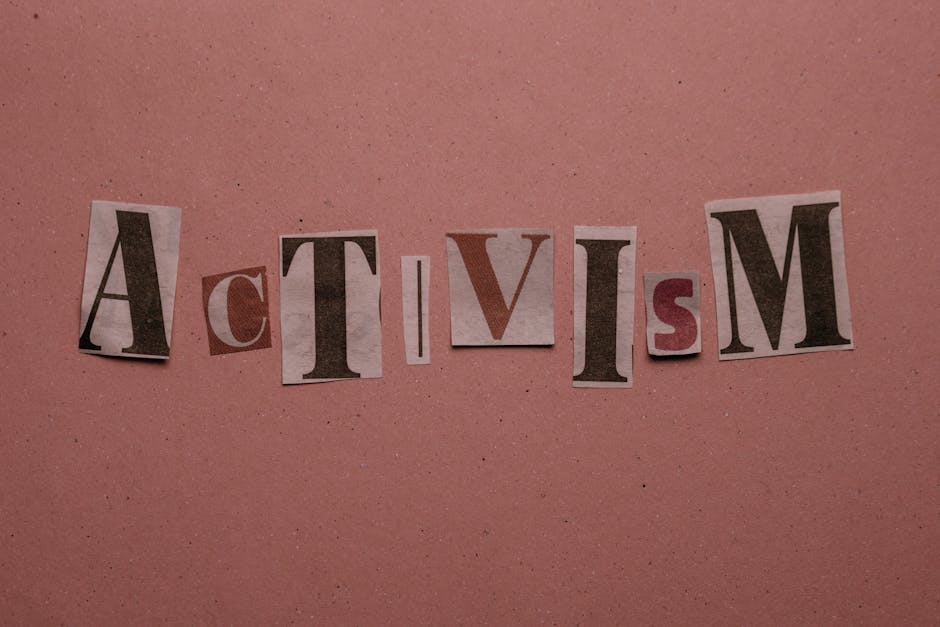
Feeling inspired? There are many ways to get involved and make a difference:
- Educate Yourself: Learn about the issues and history behind social justice movements. Books, documentaries, and podcasts are great resources.
- Volunteer: Many organizations need support. Volunteering your time can be a powerful way to contribute.
- Advocate: Use your voice to speak up about issues that matter to you. Write to your local representatives or participate in peaceful protests.
- Support Diverse Voices: Share content from marginalized creators. Amplifying their voices helps bring more awareness to pressing issues.
Each small action contributes to the larger goal of social justice.
How Can You Stay Informed?
Staying updated on social justice issues is crucial. Heres how you can keep track:
- Follow News Outlets: Subscribe to newsletters from reputable news sources that cover social justice topics.
- Engage on Social Media: Follow organizations and activists on platforms like Twitter and Instagram.
- Join Local Groups: Many communities have organizations focused on social justice. Joining can provide valuable insights and connections.
Knowledge is power, and staying informed helps you become a more effective advocate.
What are Common Misconceptions?
Misunderstandings about social justice can hinder progress. Here are a few mythsand the truths behind them:
- Myth: Social justice means everyone should be treated the same.
- Truth: Social justice recognizes that people have different needs and experiences. it’s about equitable treatment, not identical treatment.
- Myth: Social justice activists only care about specific groups.
- Truth: Most activists aim for a fair system that benefits everyone. They fight against all forms of discrimination.
Understanding the facts helps clear up confusion and encourages more constructive dialogue.
What Lies Ahead for Social Justice Movements?
Social justice movements continue to evolve. With technology and social media, they are becoming more powerful. They can mobilize people quickly and effectively.
Experts predict that we will see:
- Increased Global Collaboration: Activists from different countries will work together on shared issues.
- Focus on Mental Health: Mental health awareness will grow within social justice movements.
- Intersectionality: More emphasis will be placed on understanding how different identities affect experiences of injustice.
The future looks promising, but it requires continued support and participation from all of us.
Key Takeaways
Social justice movements are crucial for building a more equitable world. Heres what you can remember:
- Social justice aims for fairness and equality for everyone.
- Movements like BLM and Me Too are driving change in awareness and policy.
- You can make a difference through education, volunteering, and advocacy.
- Stay informed and challenge misconceptions to foster better understanding.
As we move forward, lets continue to support each other and work towards a just society for all.
For more insights on social justice, visit [The American Civil Liberties Union (ACLU)](https://www.aclu.org). Check out our related post on [community activism](internal_link_to_community_activism_post) to learn more about local efforts making a big difference.
Together, we can create a better future through understanding, compassion, and action.
